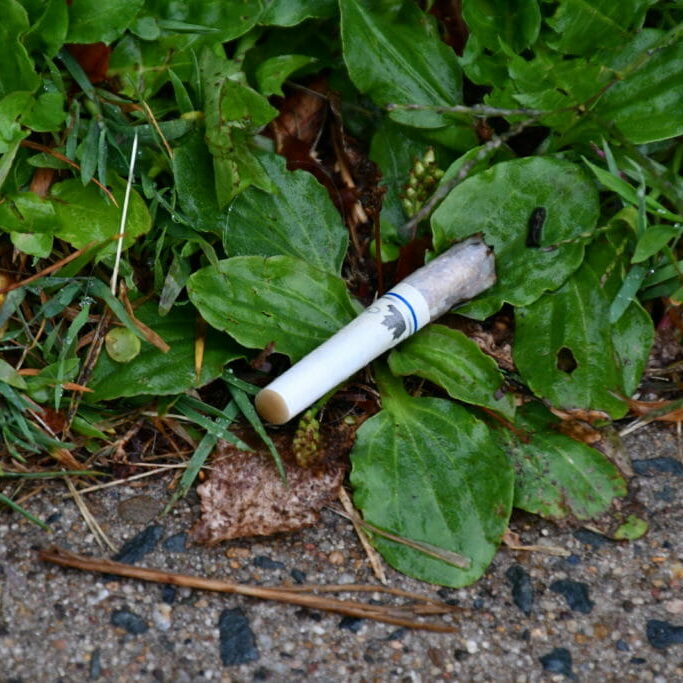
Smoking ban? Not a fan
Halifax smoking ban is disputed, costly and ineffective
Smoke is in the air.
But as the official legalization of recreational marijuana approaches, so is an all too convenient public smoking ban in the city of Halifax.
The proposed bylaw prohibits smoking on all municipal property, recreational areas, sidewalks and streets. Restrictions include vaping, tobacco and cannabis. A violation of the bylaw could result in a maximum $2000 fine, but according to spokesperson Brendan Elliott would only be used as a last resort.
Despite reassurance on the use of fines, the proposed legislation has caused a stir among Haligonians. Some laud the potential public health benefits while others say it disadvantages homeless people and those with lower-incomes, saying it will be difficult for those people to find a place that permits smoking. Meanwhile, some say it is bad for business and will anger patrons to bars and restaurants.
The public smoking ban will be ushered in along with new rules regarding the use of marijuana starting Oct. 15.
Marijuana regulations will be equally strict, if not more so, than those pertaining to alcohol.
People will not be able to grow their own pot outside unless in a shed or greenhouse and possession of marijuana remains a criminal offence for anyone under 18. Even those over 19 are not permitted to hold over 30 grams.
But it remains surprising to some that the bylaw takes specific aim at tobacco and vaping, instead of just marijuana. The efforts to enforce the regulations could prove costly and Canadian smoking rates are continuing to drop regardless.
Members of city council have also raised this issue. Sam Austin, councillor from Dartmouth Centre, insisted that the ban did not make sense and proposed an amendment to remove tobacco from the bylaw. The amendment was voted down by council.
However, Councillor Lisa Blackburn insists the bylaw is reasonable.
“This is not a ban; this is designating where certain activities can take place. You know, I really think that this is our path to healthy, livable cities and it starts with the restrictions on smoking,” she said to CBC.
But the debate leads to the question: Do smoking bans even work?
The evidence remains inconclusive.
In 2002, Helena, Montana introduced a comprehensive smoking ban that seemingly produced astounding results. In 2003, it was reported that the rate of hospital patients admitted for cardiac arrest had dropped by nearly 60% in the year after the ban. This statistic is remarkable. But when further reviewed, scientists debunked the study, criticizing the low sample size and implausible results. The authors eventually recanted the data after the study was published.
Larger studies also show the limited effectiveness of public smoking bans. In 2008 a study of New Zealand found that a comprehensive public smoking ban, including bars and restaurants, had no effect on the rate of heart attacks or other ailments in the year following the ban.
As of now, there is little evidence that public smoking bans do anything positive for public health.
As the debate lingers on, Dalhousie University will remain technically a smoke-free campus. The school declared a smoke-free policy in 2003 that is seldom enforced.
Despite the ongoing dispute regarding will those wishing to blaze up find a place to do so on Oct. 17? Judging by the smell of Jubilee Road at 2 a.m., they already have.






